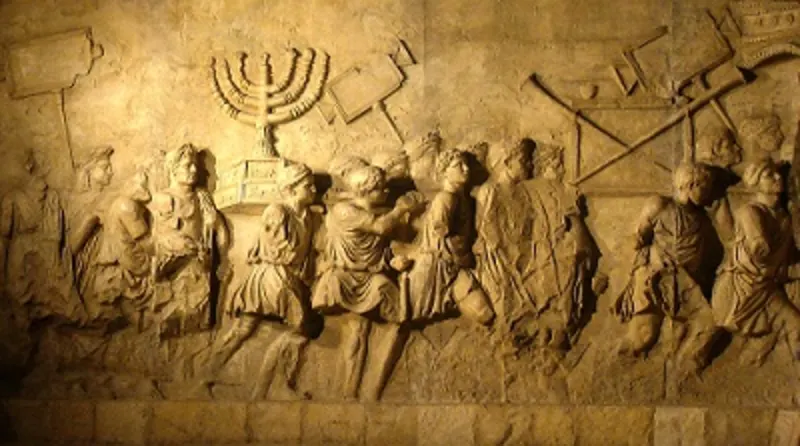Reflection on Jerusalem’s Siege

Fasting: Observers abstain from food and drink from dawn until nightfall, emulating the deprivation experienced during the Babylonian siege.
Note: Asara B’Tevet, unique among fast days, may occur on a Friday. Despite its proximity to Shabbat, the fast is observed in its entirety until nightfall, emphasizing the day’s gravity (Magen Avraham, Haf Hachaim 550:3).
Prayer Adjustments: Kabbalat Shabbat and Arvit can be conducted early, allowing for kiddush at home at nightfall (Rema 249:4). Varied opinions exist on the exact time, with the earliest at 5:54 (Rabbi Yitzchak Yosef)
Service Adjustments: On a Friday Asara B’Tevet, Shacharit proceeds as usual. For Mincha, the Torah is read, “Anenu” recited during Amidah, but Tachanun and Avinu Malkenu are omitted (Bet Yosef, Kaf HaChaim 550:4). Moroccan tradition may differ (Rabbi Raphael Berdugo, Torat Emet 550).
Shabbat Preparations: Normal Shabbat preparations, including showering and shaving, are upheld to honor Shabbat (kavod Shabbat), even for those who might refrain on typical fast days (Kaf HaChaim 550:2, Mishneh Berurah 550:6).
Tasting Food and Chewing Gum: Tasting food for Shabbat preparations is allowed if the food is spit out. Chewing gum with flavor is not permitted, but if flavorless, it is allowed (Shulchan Aruch O.C. 567:1, Yalkut Yosef 452:21). Opinions on gum differ, with Moroccan tradition following the Rema (567:3) (Rav Yosef Messas, Mayim Haim 2:340).
Smoking Cigarettes: Smoking cigarettes is permitted on public fast days, including Asara B’Tevet (Yabia Omer 1:33) according to Rabbi Yehoshua Berdugo.
Visually interact and learn about our nearly 6000 year history.
An interactive tour through our rich heritage spanning from 900 B.C.E.
Learn about our numbers, languages and population.
The greatest minds, philosophers and authors of their time.
Everything you wanted to know about Sephardic customs.
Learn our traditions for brit to marriage and bereavement.
Food is the universal thing that has the power to bring people together.
Listen to the rich repertory of Sephardi music and prayers.
Connect to our calendar for the latest events and happenings.
Read real-time updates as the relates to the Sephardic world.
We welcome you to join us virtually for Shacharit and Arvit.
Make new friends while expanding your mind. Quarterly. Join now.
View the full list of every Jewish holiday and observance.
Browse through our recommended reading list of over 100 books.
Download our guides to help you plan for the Holidays.
We welcome all in need of prayer, healing or Kaddish.
Notifications
History of Asara B’Tevet
Asara B’Tevet, observed on the 10th day of the Jewish month of Tevet, is a day of historical significance deeply rooted in Jewish history. This day marks the beginning of the siege of Jerusalem by Nebuchadnezzar II, the Babylonian king, in 588 BCE. The siege, which lasted for 30 months, culminated in the breaching of Jerusalem’s walls on the 17th of Tammuz and eventually led to the destruction of the First Temple on Tisha B’Av.
The events surrounding Asara B’Tevet are intricately connected to the Babylonian exile and the dispersion of the Jewish people. Nebuchadnezzar’s forces laid siege to Jerusalem as part of their campaign to assert dominance over the region and dismantle the Kingdom of Judah. The prolonged suffering during the siege became a precursor to the larger tragedy of the destruction of the Temple and the subsequent exile of the Jewish people.
As a result, Asara B’Tevet is not only a day of remembrance for the initial siege but also a somber reflection on the series of events that ultimately shaped the destiny of the Jewish nation. The significance of this day extends beyond the immediate historical context, symbolizing the beginning of a difficult period that led to the dispersion of Jews across different lands.